Mother of albino dolphin commit suicide after fishermen took its calf - VIDEO
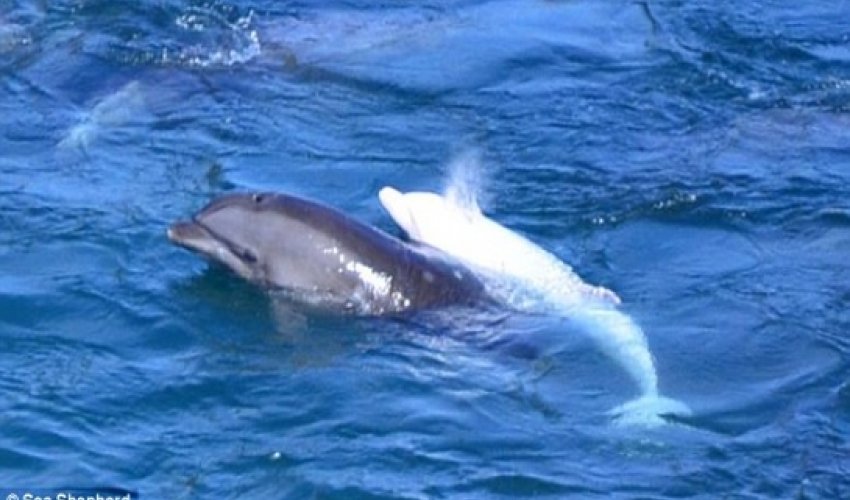
Sea Shepherd, best known for its anti-whaling activities, said the fishermen first selected 52 dolphins to keep alive for sale to aquariums and other customers.They included a rare albino calf worth millions whose mother it reports may have committed suicide after being torn apart from her baby in the brutal separation process in Taiji.Speculation has been rife ever since Sea Shepherd volunteers witnessed her diving under water then failing to resurface with the rest of the pod.Experts say dolphins have been known to commit suicide in captivity after becoming distressed and confused at their conditions.In several cases, the creatures repeatedly slammed their head against sides of a pool - or simply stopped coming up for air.Writing on its website, Sea Shepherd said: 'There is widespread speculation that the mother of the albino calf committed suicide after her baby was violently taken from her. 'Our volunteer Cove Guardians documented and witnessed the grieving mother repeatedly spy-hopping, looking for her calf, before lowering herself into the water, never to resurface.'Dolphins are highly intelligent, socially complex beings who form close bonds with their family, and the trade for captivity regularly rips through these bonds in Taiji.'The theory has been taken up by Ric O' Barry, a former dolphin trainer who is convinced the mother took her own life as a result of the ordeal.As conscious breathers, he said dolphins can choose not to take their next breath. Mr O'Barry, who founded the Dolphin Project, told The Dodo: 'People don't believe me, but dolphins do it all the time.'Captivity is extremely stressful and there is nothing more stressful to a dolphin than taking away its calf.'The fishermen reportedly hid the baby dolphin under a tarpaulin and transferred it to Taiji Whale Museum.Assistant Director Tetsuo Kirihata said: 'Albinos stand out and tend to be targeted by predators. 'She must have been protected by her mother and her mates. We will take good care of her.'Mr Barry - who used to train Dolphins for the TV series Flipper - became an activist in the 1970s after being left traumatised when one of the show's stars, Kathy, died in his arms.He has always asserted that she had committed suicide by refusing to breathe after spending years in captivity.There have been previous cases of suspected dolphin suicides, the largest of which occurred in 2007 when 152 striped dolphins washed up on the coast of southern Iran.Locals who battled to save them by taking them back out to sea were distraught when the dolphins refused and persistently re-beached themselves to die.A year later, one expert theorised that the deaths of 26 dolphins on a beach in Cornwall have been a mass suicide.The animals had died after inhaling debris and mud that clogged their insides.Speaking at the time, Veterinary wildlife pathologist Vic Simpson said: 'On the face of it, it looks like some sort of mass suicide - but the question is why?'The dolphins had swallowed and inhaled big chunks of mud from the estuary. Their lungs and stomachs were full of it. That is very bizarre indeed.'We have seen strandings on beaches, sometimes with five to seven dolphins - but never on a scale like this.'However, other experts are far more sceptical.Dr Ann Weaver, who studies dolphins in Tampa Bay, believes suicide is a uniquely human notion, although she did acknowledge that animals can get depressed.She said: 'I think everything they are designed to be is to keep on keeping on. 'So I think suicide is the curse of the human consciousness, but not other consciousnesses, she told told the Huffington Post in 2010.Of the rest of the 250 dolphins trapped in the Japanese cove, about 40 were killed, one became stuck in a net and drowned and the others were released, Sea Shepherd said.A video released Tuesday by Sea Shepherd shows dozens of fishermen on boats surveying the dolphins after they were confined to a cove with nets.Divers can be seen holding the dolphins selected for sale and guiding them to nets hanging off the boats.While other dolphins have been killed since the hunting season began in September, Sea Shepherd said the 250 herded into the cove last Friday was the largest group it has seen since it began monitoring the hunt.The annual hunt in the village of Taiji received high-profile criticism when U.S. Ambassador to Japan Caroline Kennedy tweeted last weekend that she was deeply concerned about the practice.The fishermen say the hunt is part of their tradition and call foreign critics who eat other kinds of meat hypocritical.A Japanese government spokesman defended the annual dolphin hunt on Monday, saying it is carried out in accordance with the law.The hunt was the subject of the Academy Award-winning 2009 film The Cove.(dailymail.co.uk)ANN.Az
























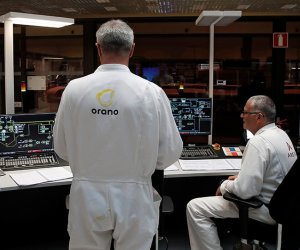

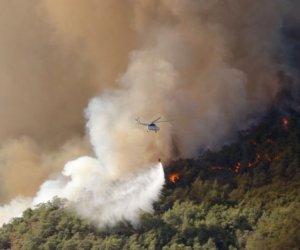
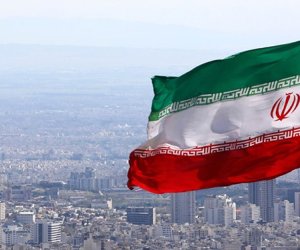

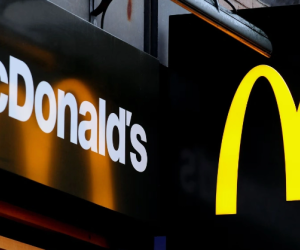


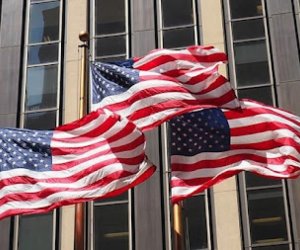



 Photo
Photo 



 Video
Video 

